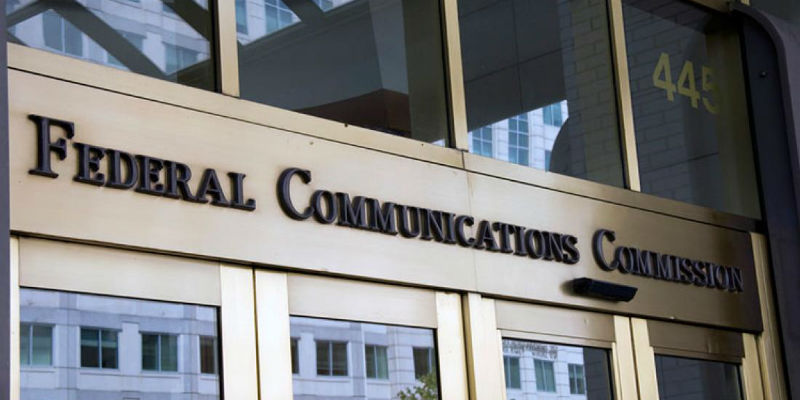On April 6, 2018 a three-judge panel of the U.S. Court of Appeals for the District of Columbia Circuit unanimously upheld FCC orders that left eligible telecommunications carrier (ETC) obligations in place for some areas where carriers are receiving frozen, legacy, voice-only high-cost support and where customers don’t have other options.
Petitioners AT&T and CenturyLink are incumbent ETCs that currently retain a small fraction of their pre-2011 landline-only universal service obligations in certain areas—census blocks they once served that are denominated “high-cost” or “extremely high-cost”—until new ETCs can be competitively selected to provide expanded services there. Most census blocks where these incumbent carriers have ETC obligations have already transitioned to receiving federal subsidies based on the new funding model, which supports capital investment and operating costs for both voice and broadband. The only remaining disputed service obligations are those in the small number of census blocks where an incumbent ETC has been providing landline-only service and has declined to provide expanded services.
For many of these census blocks, a new ETC will be selected via the Connect America Fund Phase II auction that begins on July 24, 2018. In the interim, the Commission subsidizes the landline-only ETC services at frozen, preexisting funding levels. Petitioners asked the FCC either to excuse their universal service obligations in those areas or, in the alternative, to reinterpret the statute to narrow ETC obligations in the same manner. In 2014, the FCC granted Petitioners’ request in part, relieving them of obligations in certain categories of census blocks where basic service was otherwise assured. At the same time, the Commission left undecided the status of the remaining fraction—about six percent—of high-cost and extremely high-cost census blocks where coverage was not otherwise assured. In 2015, the FCC denied Petitioners’ request with regard to those remaining census blocks, holding in place the incumbent ETCs’ residual service obligations pending completion of the transition.
The court denied Petitioners’ challenge of the FCC’s decision to maintain those service obligations, stating that “The FCC is shepherding the nation’s communications infrastructure into the Twenty-First Century, even as it seeks to ensure that hard-to-serve areas and individuals retain access at least to basic landline service. The Commission is owed deference as it temporarily holds in place preexisting requirements until the new systems are up and running. And the FCC has provided for sufficient case-by-case relief if and when Petitioners establish a need for it. There is no defect in the FCC’s challenged Orders. We therefore deny the petitions.”








